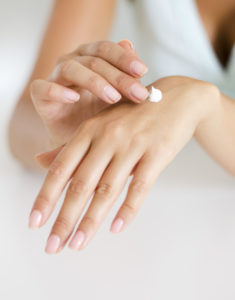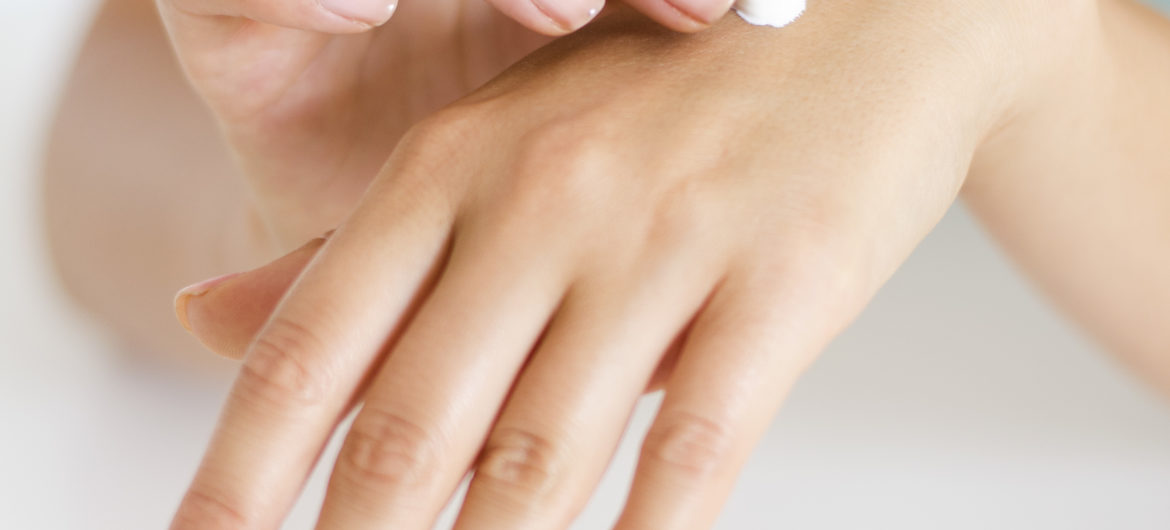People in South Sudan say they will continue to bleach their skin despite a 2019 government ban on products promoting skin lightening.
According to a recent CGTN report, the practice is not limited to women and girls as some men in South Sudan are also whitening their skin.
Peter Baak, director-general of the country’s Drug and Food Control Authority, said the government has banned the use of body whitening creams, reported CGTN.

The official further said that the policy is clear and that authorities will continue to make sure that the market in South Sudan is free from unwanted cosmetics to ensure that people are not harmed.
However, in South Sudan, skin whitening and the issue of colourism – commonly defined as prejudice or discrimination against dark-skinned people – is linked to a complex history, says news broadcaster Al Jazeera.
Meanwhile, statistics compiled by the World Health Organisation in 2011 showed that 40% of African women bleach their skins, reported the United Nations.
In some countries the figure is higher: a staggering 77% of women in Nigeria, 59% in Togo, 35% in South Africa, 27% in Senegal and 25% in Mali use skin-lightening products.
Nearly a decade on, the common practice of skin lightening remains a taboo topic in Africa.

So what are the dangers of skin bleaching?
Well, according to a 2019 BBC report, many skin lightening products contained the bleaching agent hydroquinone, with some creams also containing mercury.
The report further revealed that hydroquinone, described by the British Local Government Association as “the biological equivalent of paint stripper”, can remove the top layer of skin, increasing the risk of skin cancer, and cause fatal liver and kidney damage.
Mercury can cause similar life-threatening health problems, writes BBC.




